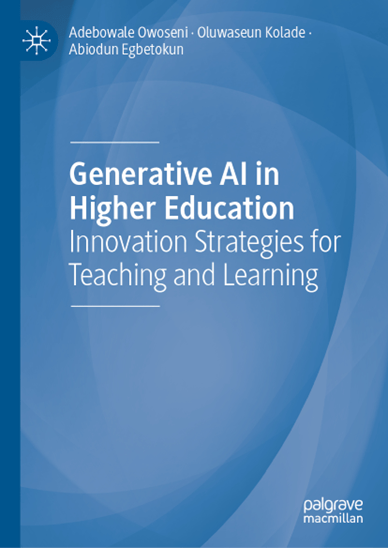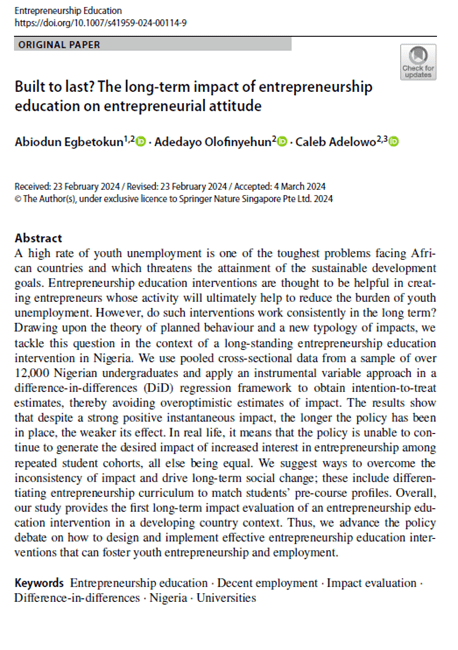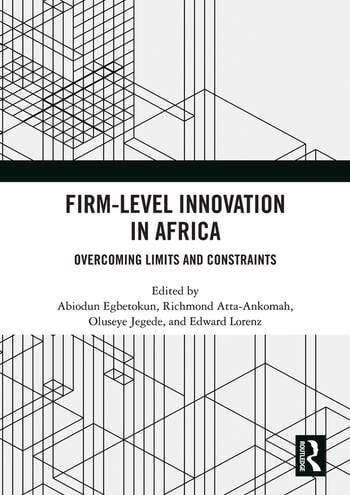Abiodun Egbetokun

The Political Economy of Chinese Investments in Africa: Implications for Development
In recent years, Chinese investments in Africa have surpassed those of traditional Western donors, making China the continent’s largest investor. Chinese foreign direct investments (FDI) offer significant potential for economic growth by providing essential infrastructure, capital, and industrial capabilities. However, the nature and conditions of these investments differ markedly from those of Western donors, often leading to debates on their true benefits and potential drawbacks. China’s approach to aid and investment in Africa, characterised by fewer conditions compared to Western aid, has raised concerns about the long-term implications for governance and economic independence in recipient countries. Critics argue that this “rogue aid” can support corrupt regimes and increase debt burdens, though empirical evidence on these claims is mixed. While some studies highlight the positive impacts of Chinese investments on productivity and industrial growth, others point to negative effects such as heightened competition for local businesses and increased economic dependency.
This project aims to examine the sectoral evolution of Chinese FDI in Africa and its impact on employment, a critical issue given Africa’s high unemployment rates. The project will provide a nuanced understanding of the role of Chinese FDI in Africa’s development. The findings will inform strategies that can better integrate Chinese and Western investments to support Africa’s industrialisation and economic diversification, to maximise the benefits of such investments while minimising potential risks.
Biography
Abiodun Egbetokun possesses a multidisciplinary background and extensive experience in policy-relevant research. Before joining De Montfort University in the UK, he served as Deputy Director of Research at Nigeria’s National Centre for Technology Management, where he helped develop and evaluate government policies and programmes. He has held visiting research fellowships at the University of Oxford and the United Nations University (UNU-MERIT) in Maastricht, in addition to a Science Policy Fellowship from the US National Science Foundation. Abiodun is a Fellow of the Nigerian Young Academy and a member of the Development Studies Association, the British Academy of Management, the Chartered Management Institute, and the African Network for the Economics of Learning, Innovation, and Competence-Building Systems (AfricaLICS). He has secured research funding from esteemed organisations such as the Economic and Social Research Council (ESRC), the International Development Research Centre (IDRC), and the British Academy, among others. He consults regularly for international organizations including UNIDO, GIZ, and the African Union Commission.
Publications
Dr Egbetokun publishes regularly on the interplay of innovation, entrepreneurship and the process of economic development. His latest include a long-term impact evaluation of an entrepreneurship education policy in Nigeria and a co-authored monograph on the application of artificial intelligence in education.

Generative AI in Higher Education: Innovation Strategies for Teaching and Learning

Built to last? The long-term impact of entrepreneurship education on entrepreneurial attitude

